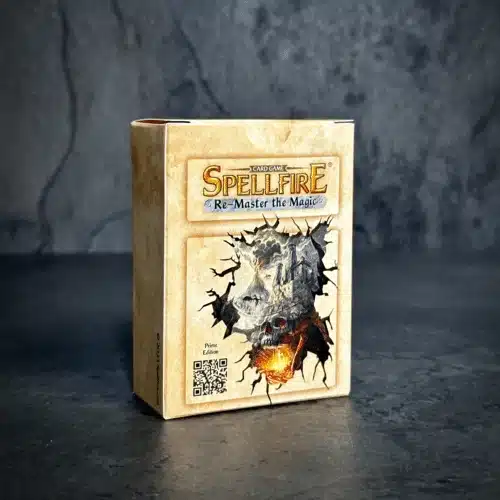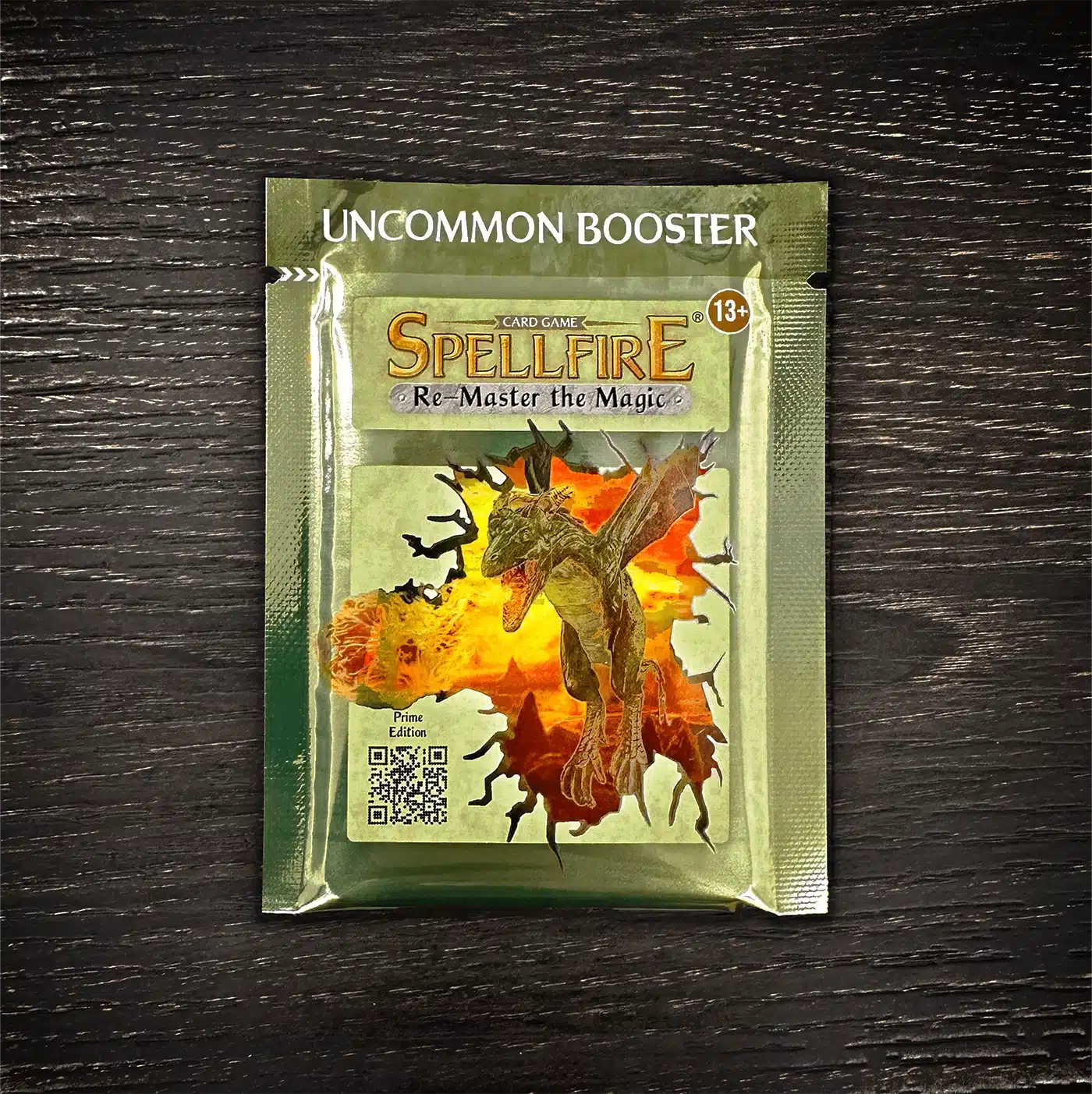The Combat
The sequence of actions, order of activationCombat Sequence
Phase 4 guide. Combat rules explained in steps
A player may attack another player's realm during phase 4 of their turn. All attacks against a single realm are known as a battle. Each champion that comes forward during the battle constitutes a single round of combat. An attack follows this sequence:
A) The attacker indicates which realm is attacked - The realm must be one he can attack, either because it is exposed (in position A, for example) or because some special movement power allows him to attack it. Anyone can attack all realms except one's own.
B) The attacker selects a champion from his hand or pool and presents it as the attacking card - At this time, the player may not add any artifacts, magical items, or other cards to the champion. If the attacking champion comes from the player's pool, he may already have some cards attached to him. Unless a card's special power states otherwise, there is usually only one round of combat
C) The defender selects a champion from his hand or pool and presents it as the defending card - The player may not add any cards to the defending champion at this time. Although, the defender might already have a few cards attached if he came from the player's pool. In the absence of a defense, the realm is razed.
D) The attacker's special power and attached cards activate first, followed by the defender's special power and attached cards - The precise order that cards activate can be found in the section on Order of Activation. The defender is discarded if an attacker wins the round by activating his special power before the defender gets to use his. The realm is razed.
E) Compare the total levels of each side - Besides realms and holdings, it is also essential to consider magical items, artifacts, events, spells, etc., that affect the combat. It is the side that has the largest total that wins. When there is a tie, the defender wins
F) The player that is losing can play one card - Compare the total levels again. The losing player keeps playing cards one at a time until he is winning. The winning player can play only events or "play-at-any-time" cards. Card play goes back and forth until the losing player either cannot or refuses to play another card. This round of combat is over. The winner does not have the option to play any more cards, no matter how badly he may want to.
G) The player with the highest adjusted level wins that round - The defender always wins tie games.
H) The winner places his champion, with all of its attached cards, into his pool - He discards all allies, spells, and other non-permanent cards used in the combat. The only remaining ones are magical items and artifacts. Losers discard all the cards from the combat, including their champion and all its attachments.
I) The players have now completed one round of battle - If the attacker won the round, the realm he attacked would be razed unless its special power said it had to be defeated twice. If so, the attacker may select another champion and attack again. No champion may be used more than once each turn unless special power permits it. The attack must be made against the same realm. Additionally, if choosing to defend, the defending player must choose a new defender, although he is not required to defend at all. The battle is over if the defending realm was razed or discarded during combat.
J) After the battle is over, one of the players may be eligible to draw spoils of victory - "Spoils of victory" is one card from the player's draw pile. The attacker would draw spoils if the realm he was attacking was razed or discarded during the battle. The defender would draw spoils if the attacking champion was defeated in combat and discarded (sent to Limbo, the Abyss, or the Void). Spoils can be played immediately, even if it is a realm, holding, champion (including Avatars), rule card, magic item, artifact, or dungeon not normally allowed to be played during the current phase. Spells, blood abilities, allies, thief skills, unarmed combat cards, and psionic powers cannot be played when drawn as spoils unless the card says "may be cast at any time." In this case, the spoils is added to the victorious player's hand. Event spoils can be played at any time.
A very few champions allow for attacks against two or even three different realms in one turn. Each attack follows the order of steps above, and in such a case, multiple spoils cards can be gained during the same turn.
Round 2 of the Battle
In rare cases, there can be two or more rounds in the same battle. There are champions who need to be defeated two times before being discarded. The defender cannot be changed, which means if you defend with a samurai, this samurai stays in the battle till death. For the second round, the same samurai must defend the realm. All support cards are discarded before round 2.


